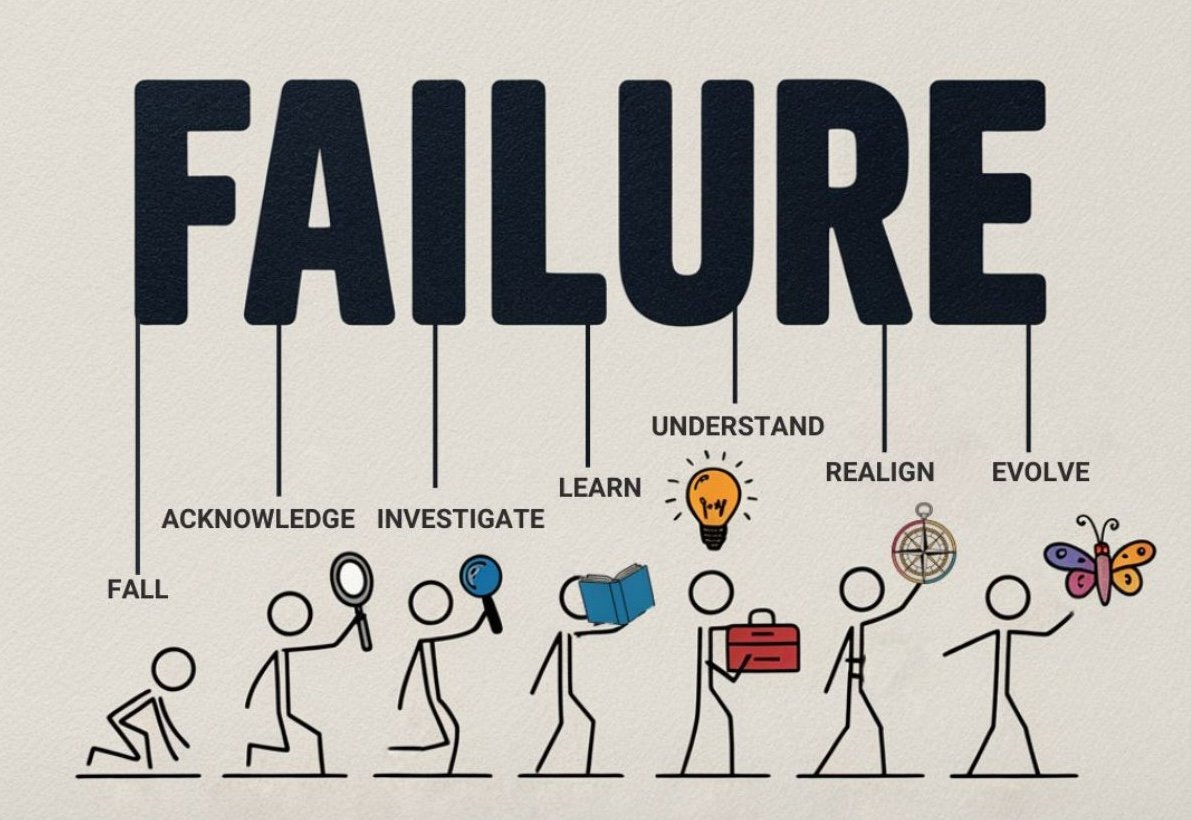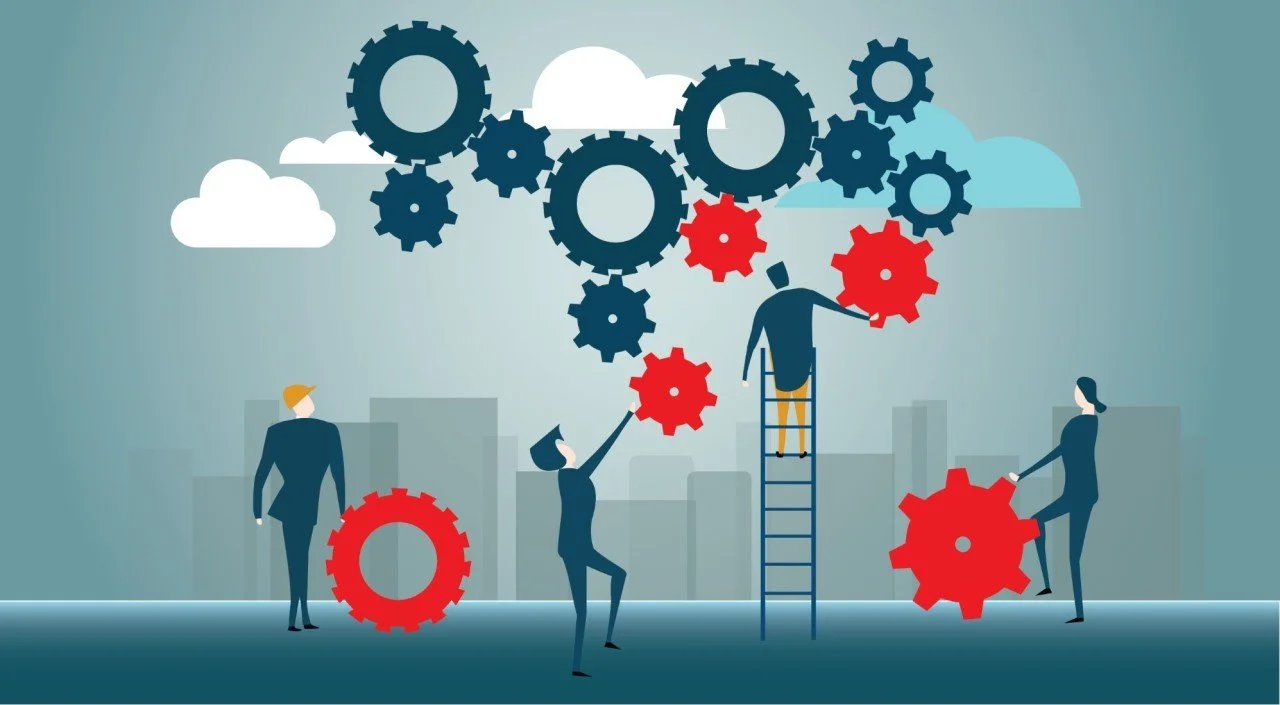Happiness is not simply the absence of despair; it’s an affirmative state in which our lives have both meaning and pleasure. Most people know what is good for them and they know what will make them feel better. Most people don’t avoid meaningful life habits because of ignorance of their value, but because they are no longer “motivated” to do them. They are waiting until they feel better and frequently this is an extremely long wait.
HAPPY PEOPLE:
· Express gratitude
· Cultivate optimism
· Avoid over thinking
· Practice kindness
· Nurture relationships
· Learn to forgive
Many experiences in life that bring happiness are in your control. The more choices you are able to exercise, and control, the happier you are likely to be. You are responsible for your own life experiences, whether you are seeking a meaningful life or a happy life. I think that virtually all the happiness-producing processes in our lives take time, usually a long time, for example, changing old behaviours, building new relationships, raising children, etc. This is why patience and determination are among life’s primary virtues. Contact me via e-mail when you ready to install acceptance, gratitude and accomplishment into yourself or organisation.





















